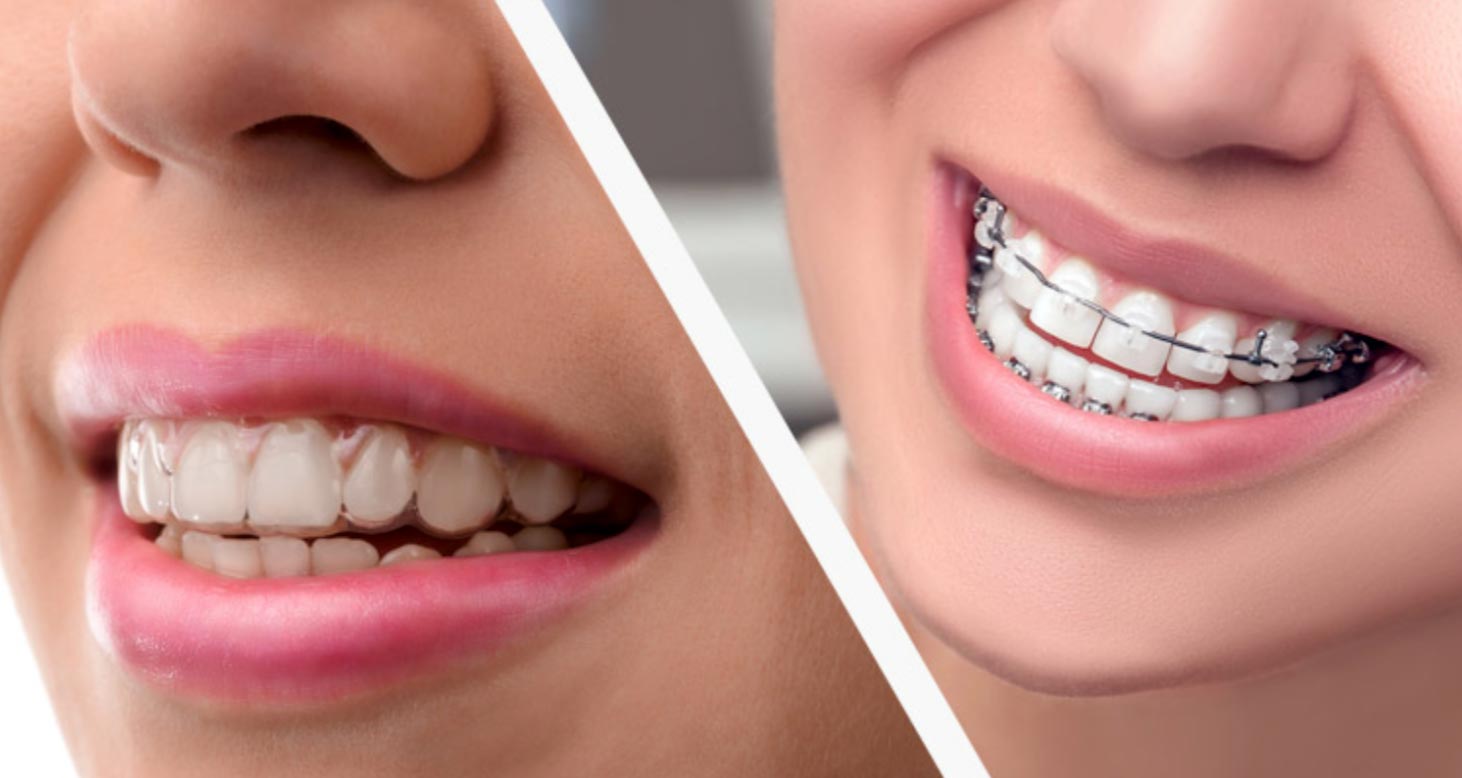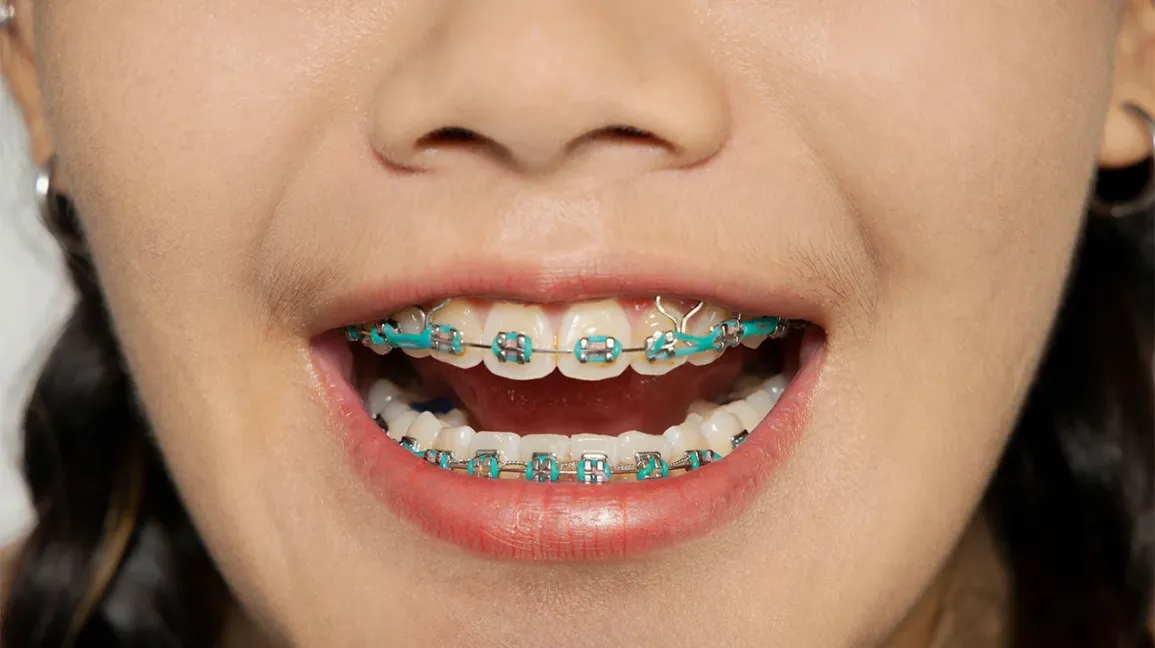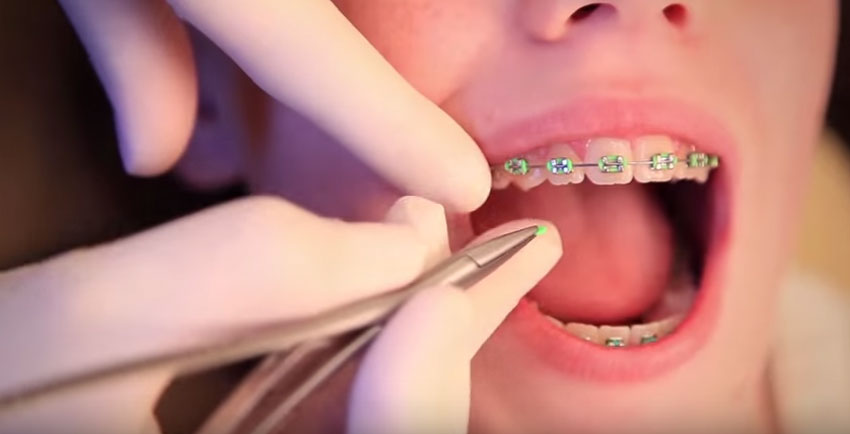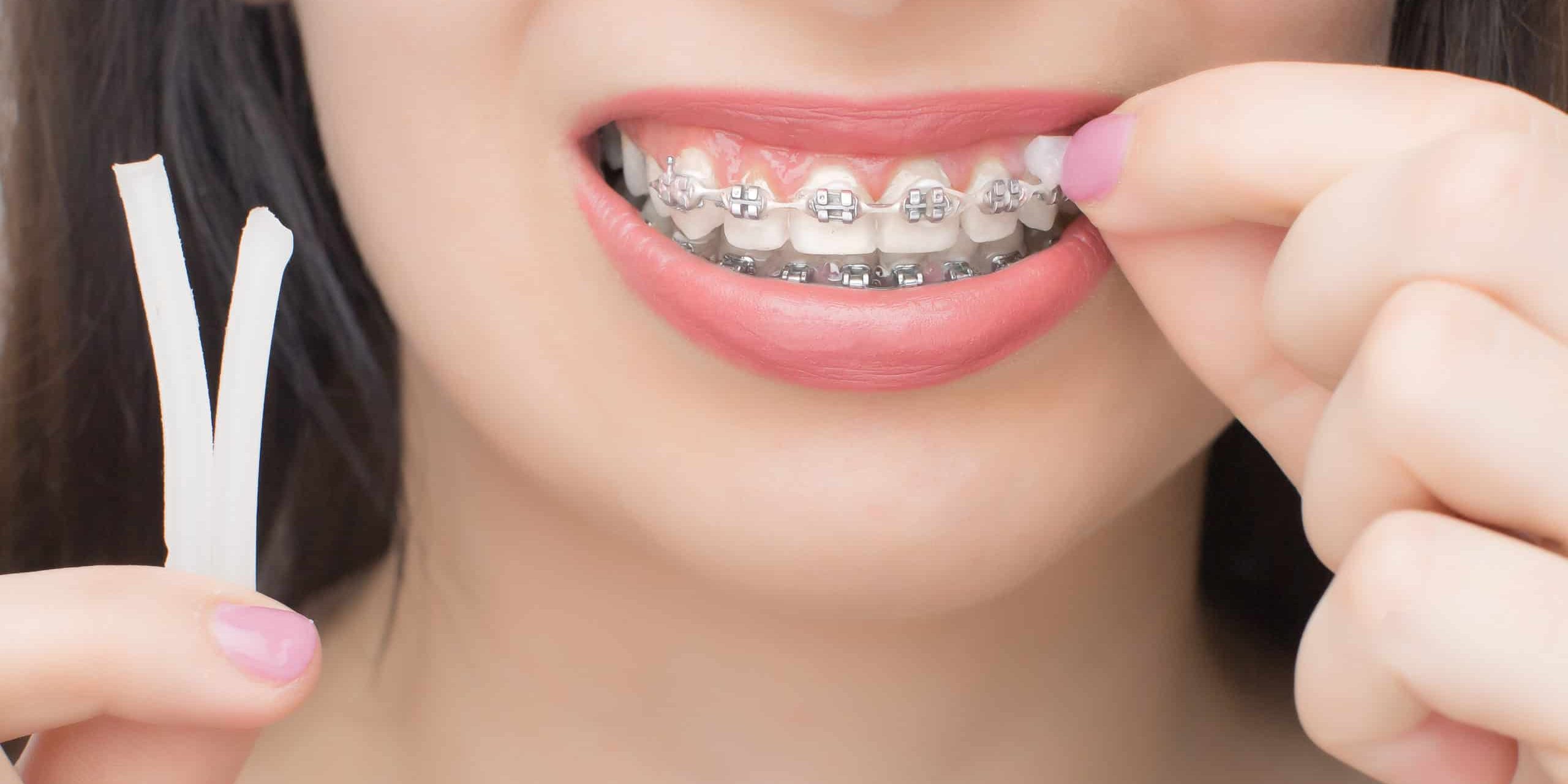What Involves In Performing Wisdom Tooth Surgery?
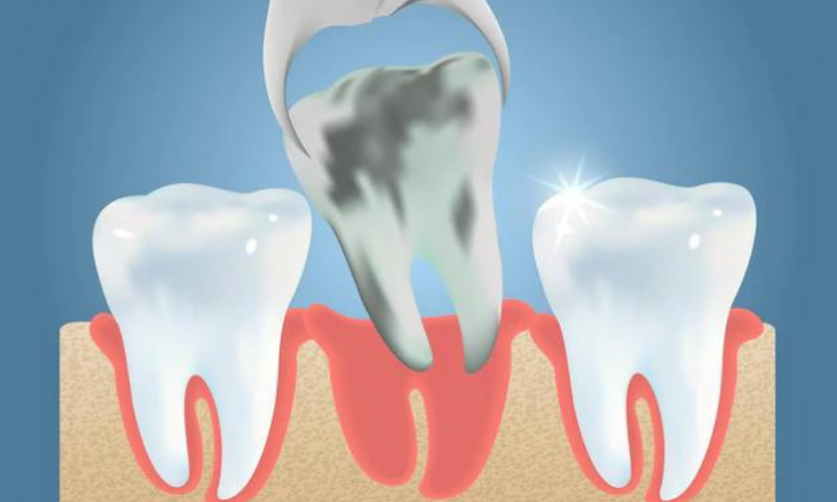
A dental specialist or orthodontic specialists of Florida can carry out the procedure of removing wisdom teeth in a hospital or dental office. Suppose your dentist advises removing your wisdom teeth. In that case, they will take an X-ray of your mouth to identify who should perform the treatment. According to wisdom teeth removal cost Miami, Before the operation starts, you should discuss any fees and payment options.
Anesthesia
Before beginning the wisdom teeth removal procedure, they inject you with a local anesthetic to numb the tooth and surrounding area. Your Hallandale beach orthodontist or surgeon may provide a sedative if you are highly concerned about the treatment to help you relax. They will typically inject your arm with this.
Wisdom teeth removal Miami dentists rarely use a general anesthetic for wisdom teeth removal, and they rarely use it when they perform the procedure in a hospital. In this instance, you ought to be able to leave for home the same day as the operation.
Process of removing a wisdom tooth
They will make a small cut (incision) in the gum to gain access to the tooth if it hasn't broken through it. Removing a tiny portion of the bone surrounding the tooth can also be necessary. You can divide it into smaller pieces to simplify removing the tooth through the incision. If the tooth has already penetrated the gum, an incision is not as necessary.
Before pulling the tooth, you may experience pressure because your orthodontist Hollywood fl or oral surgeon needs to enlarge the tooth socket by rotating the tooth back and forth. Because the area will be numb, you shouldn't experience pain while removing the wisdom tooth. However, let your dentist or oral surgeon know if you have discomfort so they can administer an additional anesthetic if necessary.
.
What are the possible complications in removing wisdom teeth?
Like any other surgical procedure, wisdom tooth surgery carries some risks and complications. It includes delayed healing or infection, which most likely occur if you smoke during recovery. Another issue is "dry socket," which causes a dull ache in the gums or jaw and, occasionally, a foul odor or taste from the empty tooth socket.
If you don't adhere to the after-care advice provided by your dentist, a dry socket is more likely to occur. Additionally, there is a slight possibility of nerve injury, which may result in tingling or numbness in the gums, tongue, lower lip, and chin. Although it rarely happens, this is typically just temporary.
After the surgery
They use dissolving stitches to close any incisions and seal the gum. Your dentist will disclose how long the stitches take to dissolve (usually 7 to 10 days). Your dentist could cover the extraction site with gauze and instruct you to bite your jaws together for up to an hour to apply pressure to the area.
It gives the empty tooth socket time to coagulate with blood. Try not to disturb blood clots because they are essential to healing. They may advise you to take antibiotics occasionally if you have an ongoing infection.
Conclusion
We hope the above information will help you learn some important things regarding wisdom teeth removal. For further informative details, please visit ivanovortho.com.




